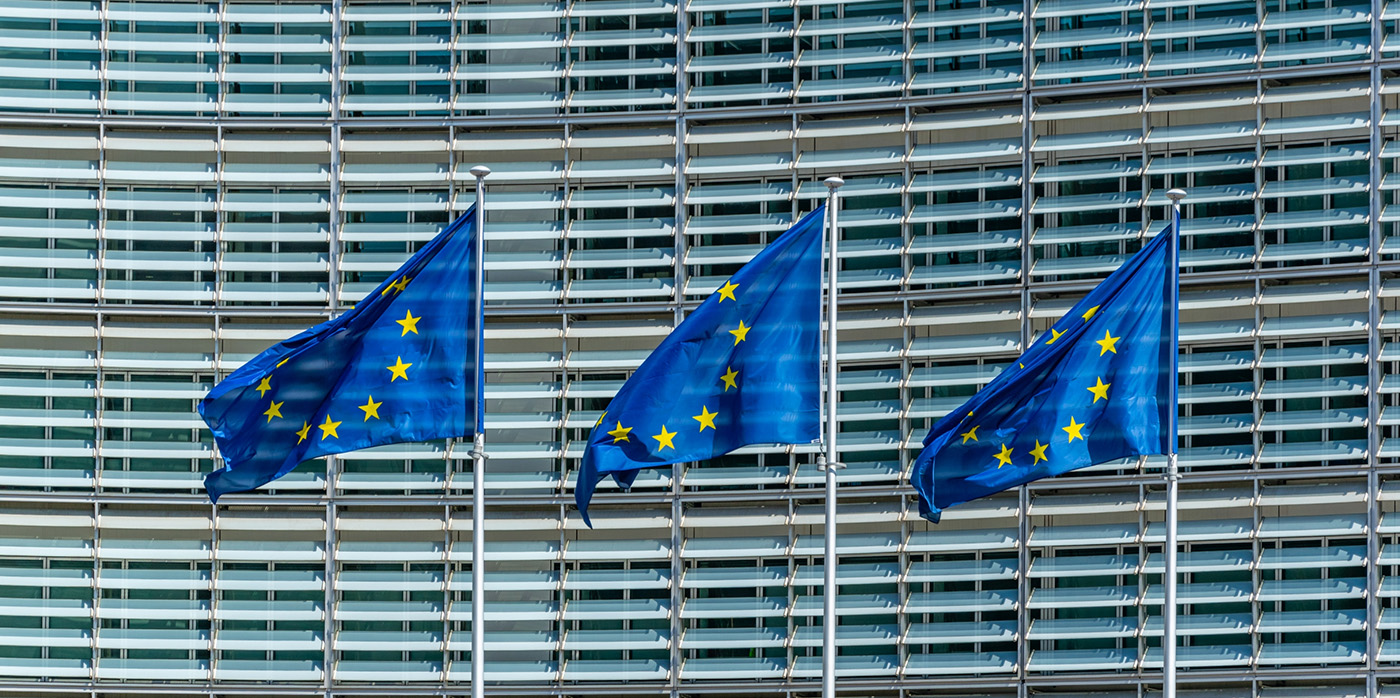Draft EU Budget Allocates €13.6 to Research and Innovation in 2023
Horizon Europe budget set at €12.3 billion in 2023, topped up by extra €1.8 billion in grants from NextGenerationEU.
The European Commission has unveiled its draft budget for 2023, setting out how the Commission will seek to achieve its priorities of boosting the recovery from the coronavirus pandemic, working towards a sustainable future, protecting and creating jobs, and strengthening strategic autonomy of the EU.
The total proposed annual EU budget is €185.6 billion for 2023, which would be complemented by an estimated €113.9 billion in grants under NextGenerationEU, which helps the EU recover from the immediate effects of the coronavirus pandemic and enables it to respond to current and future crises.
Of this total expenditure, €13.6 billion has been allocated for research and innovation, with €12.3 billion allocated for Horizon Europe, which would receive an extra €1.8 billion in grants from NextGenerationEU. Of this figure, approximately €2.1 billion will be allocated to the European Research Council – the EU’s primary tool to support investigator-led, frontier research in any field – while €864 million has been allocated to Marie Sklodowska-Curie Actions (MSCA), which promotes researcher mobility and cooperation across countries, sectors and research fields.
In addition to the Horizon Europe budget, further allocations are as follows:
- €3.5 billion to Erasmus+ to create education and mobility opportunities for people.
- €2.3 billion for environment and climate action, of which €728 million will be allocated to the LIFE programme to support climate change mitigation and adaptation, while €1.5 billion will go to the Just Transition Fund to make sure that the green transition works for all.
- €2.2 billion for spending dedicated to space, mainly for the European Space Programme.
- €1.2 billion to address defence challenges, of which €626 million will support capability development and research under the European Defence Fund (EDF).
- €732 million for EU4Health to ensure a comprehensive health response to people’s needs, as well as €147 million to the Union Civil Protection Mechanism (rescEU) to be able deploy operational assistance quickly in case of a crisis.
- €689 million for security, of which €310 million for the Internal Security Fund (ISF), which will combat terrorism, radicalisation, organised crime, and cybercrime.
- €325 million for the Creative Europe programme to support artists and creators around Europe.
- Budgetary means for the European Chips Act will be made available under Horizon Europe and through redeployment from other programmes.
The draft budget will be presented to the European Parliament and the Council, which take the final decision together. The Council usually adopts its opinion on the budget by the end of July, and the European Parliaments announces its official position in the autumn.
A specific conciliation committee is convened, usually in late autumn, to reconcile the positions of the Parliament and the Council. It has to agree within 21 days on a common budget, which both institutions should afterwards approve. This year, the period runs between 25 October and 14 November.
The full draft budget can be accessed at the European Commission website.
(This report was the subject of a ResearchConnect Newsflash.)

